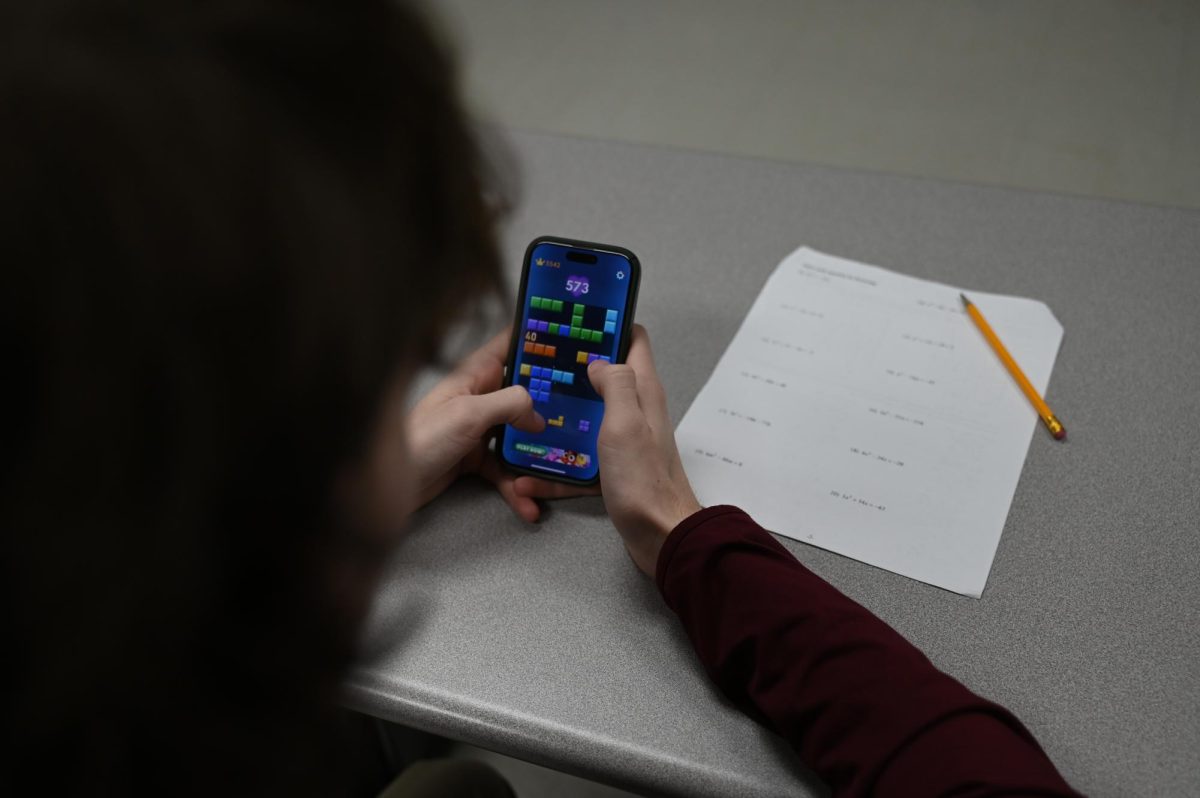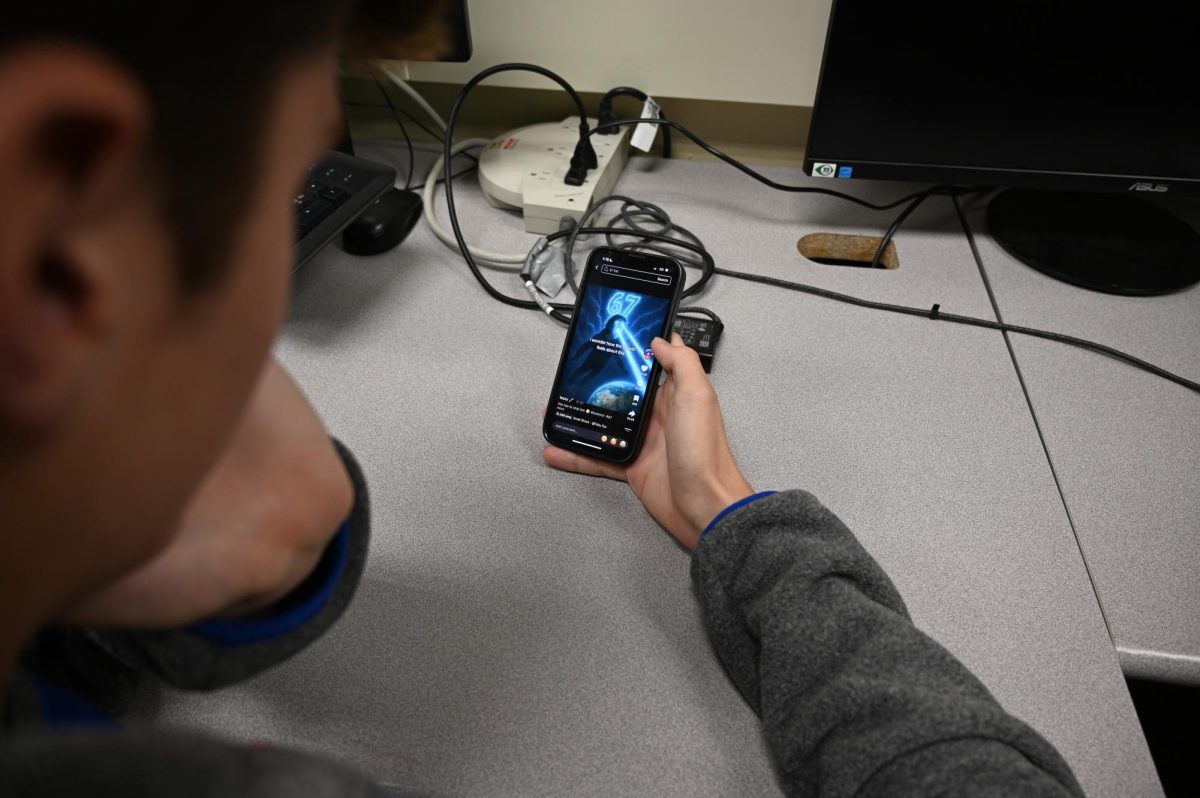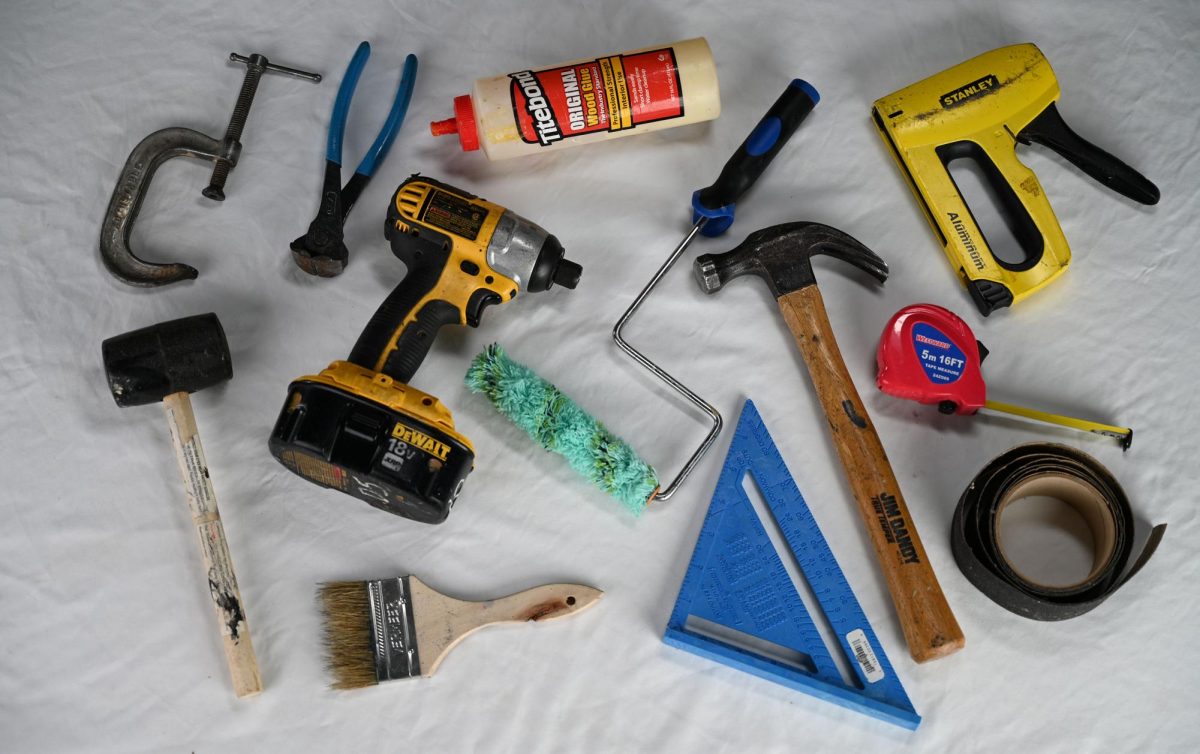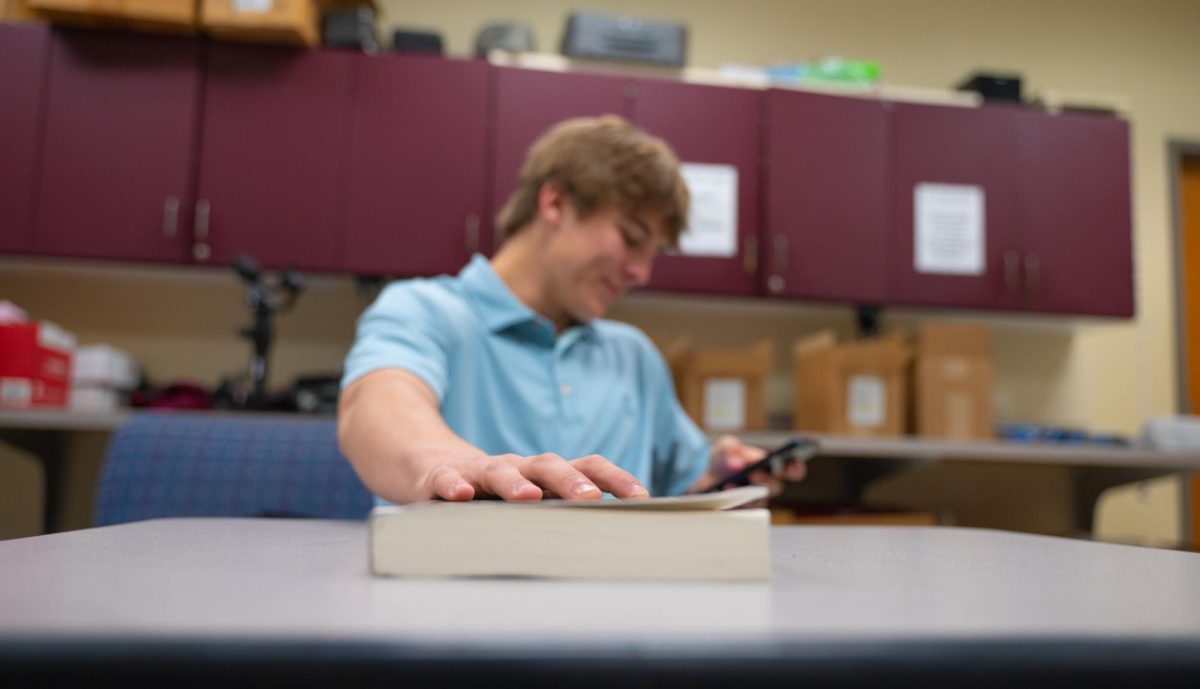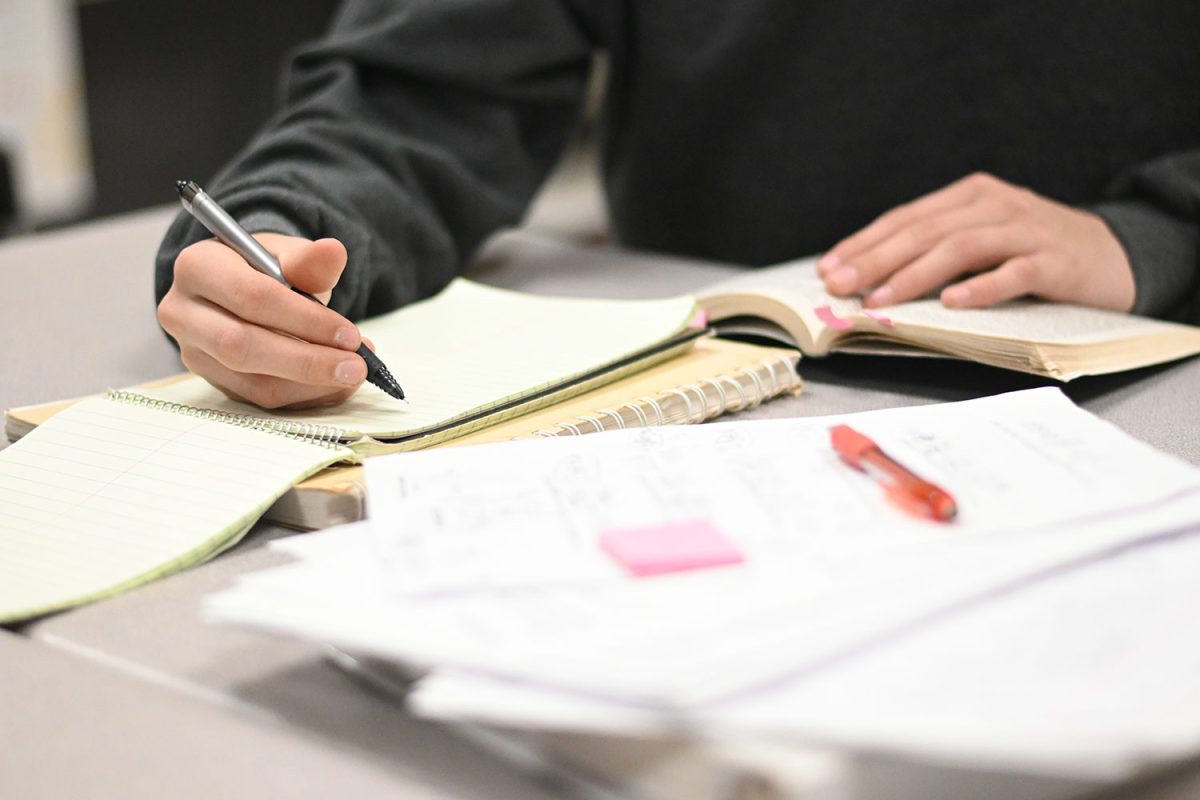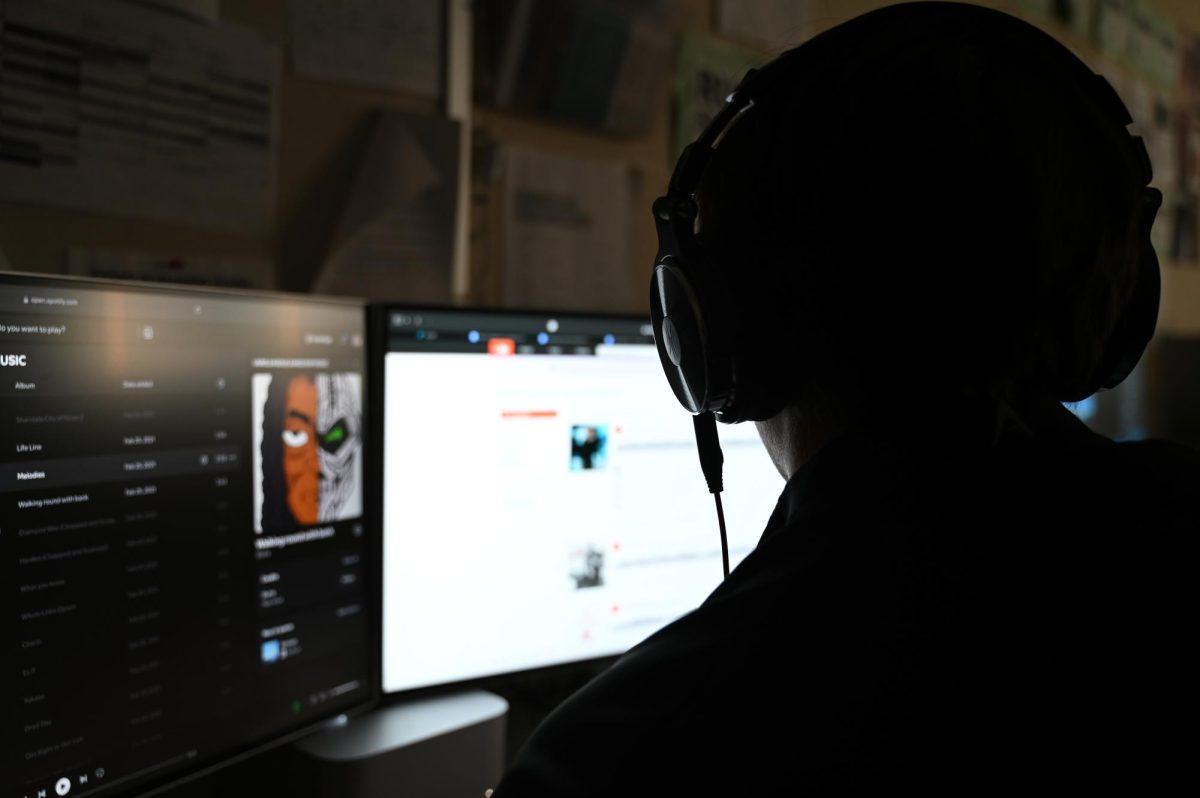Odds are you struggle with procrastination. Statistically, 80% of all students struggle with procrastination in some way or another. However, this isn’t something that you need to give in to. With a good game plan and a solid effort, you can beat it.
Procrastination is not just as simple as being lazy; it is much deeper than that. Procrastination can be caused by a lot of things, from anxiety to feeling overwhelmed. One reason that is really common is a lack of motivation. Students will just put off work until later because they don’t feel like doing it. This is the most dangerous type of procrastination due to how simple it is. When students push things back to do more enjoyable tasks, they lower the amount of time they have to work on what they need to, and they add to the stress of doing it. The less time you have to do your work, the less comfort you have to do it. This type of procrastination may seem harmless, but it is quite the opposite. If someone does this often enough, it can lead to large amounts of missing work or even sleep deprivation.
Sleep deprivation is common in people who procrastinate a lot, and with students being growing young adults, they need sleep to perform to the best of their abilities. Sleep deprivation can be caused by having a busy day schedule. When a student doesn’t get home until six pm, they may take a break for a little while. Breaks are OK if they are short, but sometimes these breaks will take too long, and with the average student having three hours or more of homework a night, this can make them stay up late and push sleeping back further and further.
Sleep deprivation also correlates directly with wanting to put stuff off for later, which can cause students to be lazy and tired. This gets them deeper into the hole. Students also don’t do their best work while tired, which makes the quality of the work go down. This is the worst thing you can do for school. However, there are some ways to get ahead of nights like these. First, find what motivates you to do a task and harness that, but there are also strategies that will actually help get work done.
One of the best is to start with the small things. The fewer things on a student’s plate, the easier it is to keep going. However, this doesn’t mean putting projects off till the end. Just get the small things out of the way so that your plate is less clustered. Breaks are also OK if you set timers, but you have to keep yourself accountable. Other good strategies include minimizing the distractions in your environment. This includes things like a phone, video games, etc. Lastly, it is the easiest but one of the most effective—making a list and a planner of when you plan to tackle assignments. Your brain makes you think you have more of a deadline, and things will go smoother. Any student can beat procrastination if they give it their best, and in the end, they will experience less stress and better sleep as a reward for their efforts.

